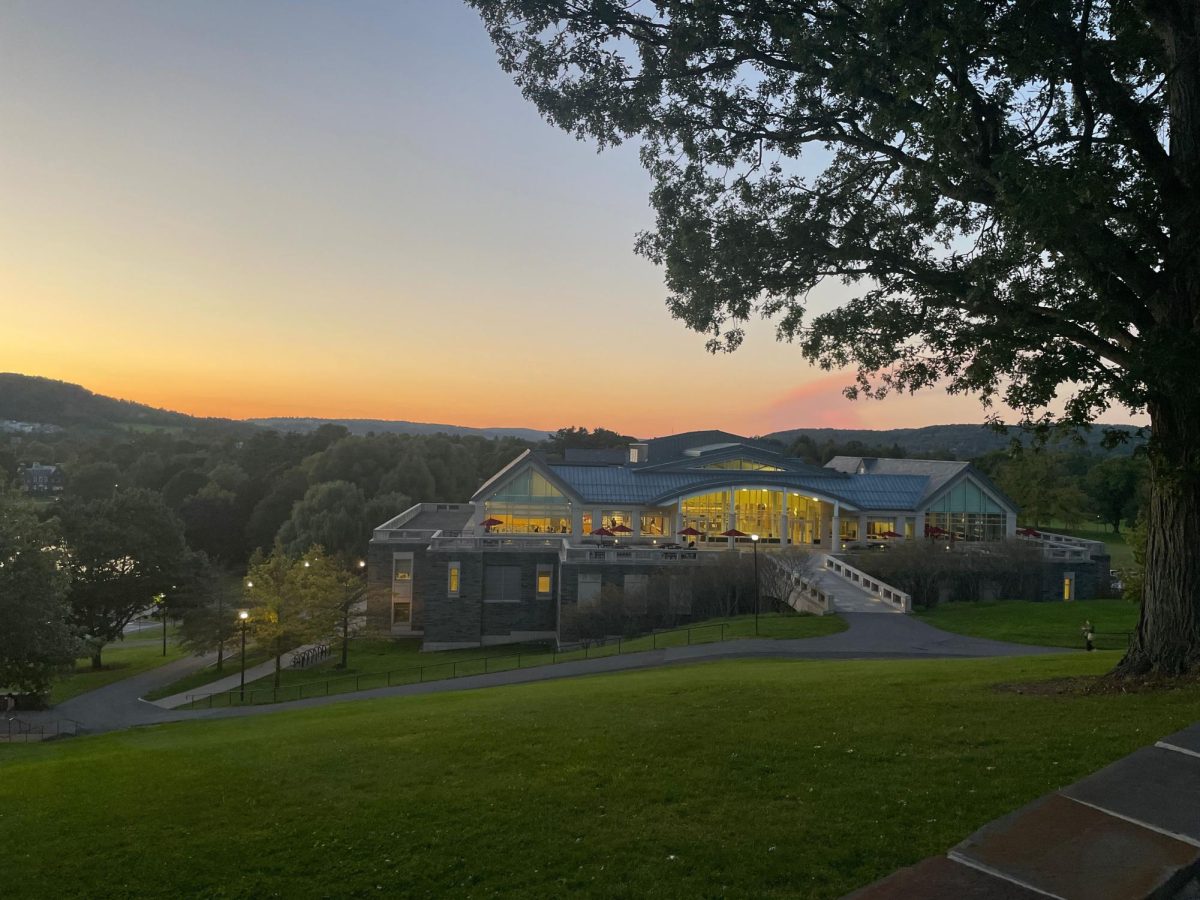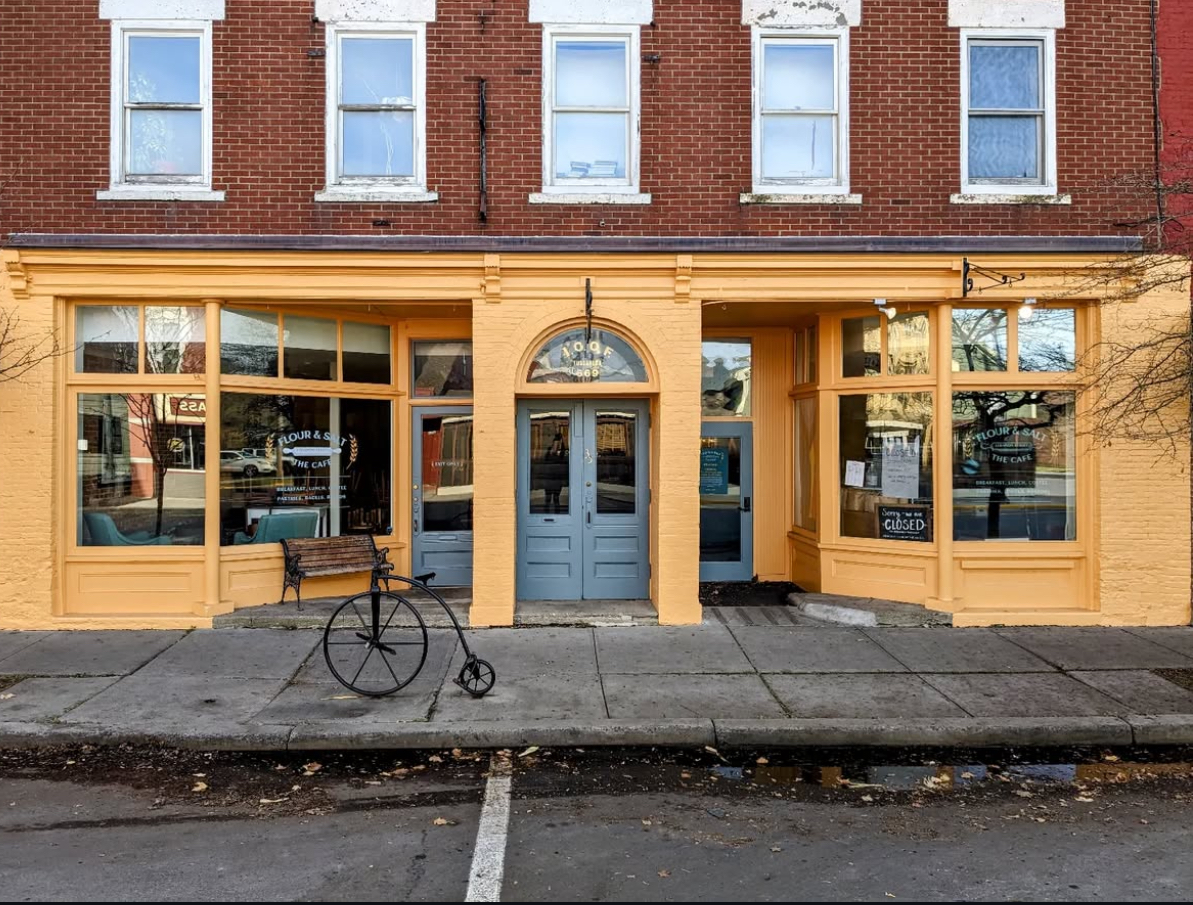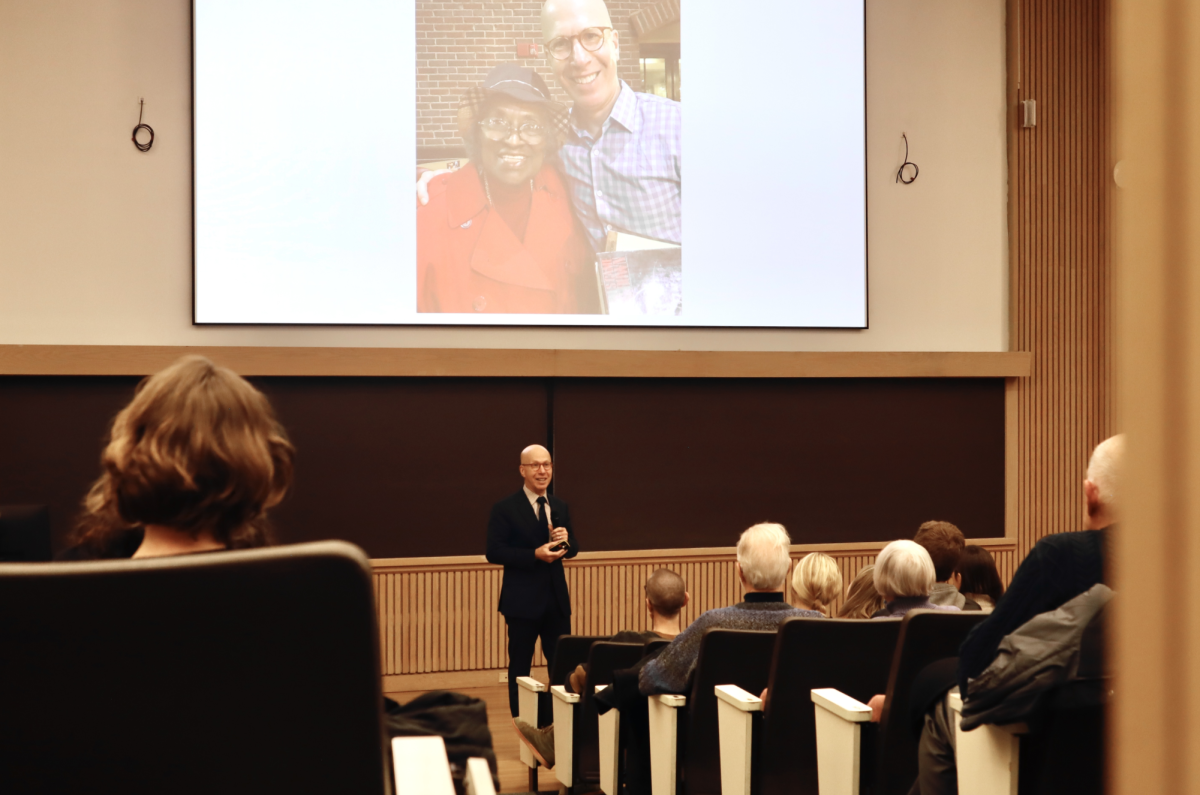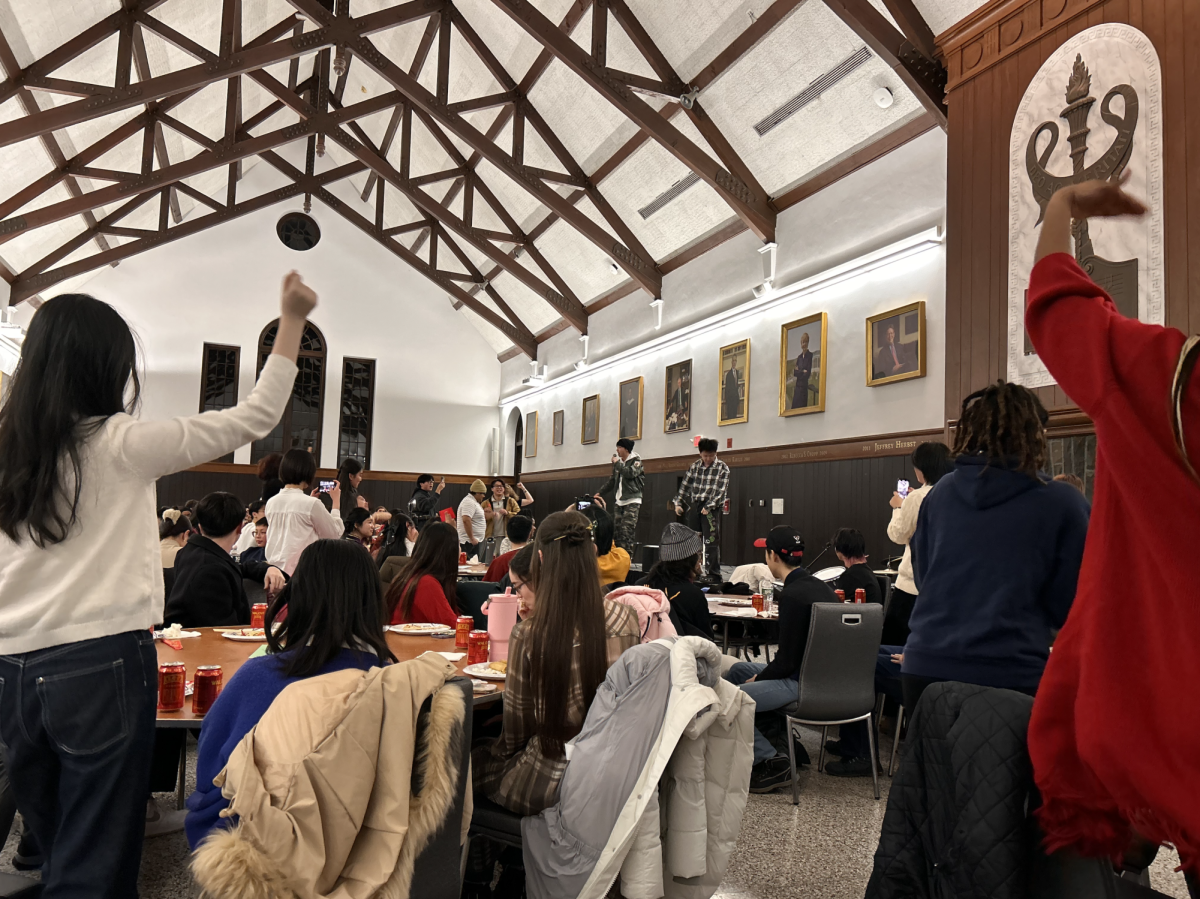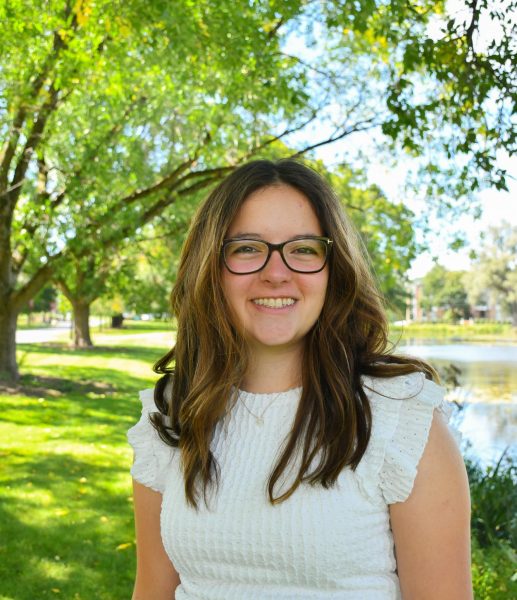At Colgate University, a liberal arts education serves as a launching pad for students who have aspirations to explore any major or career that excites them. While some students know that they want to attend law school from the beginning of their journey, for many, the pursuit of a law degree emerges as a way to channel diverse passions and make impactful change.
Clementina Aboagye, a senior studying international relations with a minor in French, is a student who benefited from the exploratory environment Colgate fosters. Aboagye originally came to Colgate intending to study psychology and theatre, thinking she wanted to pursue a career in clinical psychology.
“I feel like as I got to take different classes and explore, I started to recognize that international relations was really interesting and really fit what I actually had a lot of interest in exploring,” Aboagye said. “The more classes I took, the more I started to be enamored by how multifaceted it is. I feel like the international relations major here is really representative of the multidisciplinary learning that Colgate emphasizes so much.”
Transitioning from psychology and theatre to international relations became a formative moment for Aboagye. She expressed interest in international law and advocacy work but currently plans to pursue corporate law. She noted that her first priority is supporting her family as a first-generation college student.
A turning point for Aboagye was becoming a University of Virginia Roadmap Scholar, which allowed her to meet admissions officers at UVA’s Law School and take classes that first-year law students would take. She got to experience the Socratic method and the rigorous academic environment of law school, which confirmed her excitement about the prospect of law school.
“[I thought] wow, this is truly it,” Aboagye said. “It’s rigorous and intense, but it is so exciting and groundbreaking. It’s a step towards so many things that I want to do with my future and it really makes me excited.”
Aboagye plans to take a gap year and apply to law school during the Fall 2026 cycle. This way, Aboagye feels she can keep up with her academic coursework and rigorous involvement with campus life. She is excited to see more of the world, mature and gain professional experience before attending law school.
A student’s decision to take a gap year or apply immediately after graduation is a personal one. Ultimately, a student must make the best decision for themselves and apply for law school when they are personally, academically and professionally prepared to do so.
Senior Leah Massa is majoring in history with minors in sociology and peace and conflict studies. Massa is applying to law school for the Fall 2025 cycle and discussed how she overcame the challenge of balancing Colgate’s coursework with an intense application process. She also expressed surprise about how writing applications differs from writing in her classes.
“I definitely tried to get a lot out of the way this summer, so I would not have to do much this fall,” Massa said. “Though I get a lot of writing practice in my classes, I was surprised at how hard it is to write about yourself.”
Senior Ben Zehner, who is studying English with a minor in biology, took a similar approach for his applications this cycle.
“I am applying this cycle, and I just submitted my last application, which feels like a huge weight off my chest,” Zehner said. “Balancing my applications with school has been difficult, and I definitely recommend doing some serious work over the summer if possible. I did the bulk of the heavy lifting over the summer when I had a bit more time after my internship to plug away at my personal statement, study for the LSAT and construct what I call ‘my story.’”
A major part of a law school application is a student’s personal statement, which explains why they want to pursue a law degree and what they would bring to their institutions. This was the most important part of the process for Zehner.
“For me, it meant talking about growing up on a small island and having a revelation in college that I wanted to pursue law over medicine because I preferred the learning environment to those of traditional STEM courses,” Zehner said.
Much like Aboagye, Zehner originally did not intend to pursue law when he came to Colgate. In fact, he fully immersed himself in biology and chemistry courses in order to pursue his intended career in medicine. After taking organic chemistry, however, Zehner decided to pursue his previously unfilled passion for English.
“I spoke to my old English teacher at my high school, and he floated the idea that I take more English courses and consider majoring in it,” Zehner said. “I liked this plan because I felt I could keep my options open by majoring in something that is applicable in so many facets of everyday life and the professional world. After another semester of sampling more English classes, I decided to pull the trigger and major in it. The more and more English classes I took, the more and more I began to think about a career in law.”
Zehner’s experience studying abroad in Tanzania further confirmed his desire to pursue a career in law.
“It was after my study abroad experience in Tanzania that I realized that law is extremely important to make lasting and meaningful change,” Zehner said. “I was doing biology research over in Tanzania and when I presented it, I realized that policy is integral to conservation efforts. My new realization of the importance of policy and governance was the nail in the coffin for applying to law school.”
As these seniors reflected on their college experiences, they were united by a common thread: law is not just a career path. It is a way to leverage their strengths, values and academic backgrounds to create change while continuing the challenging coursework and professional experiences that Colgate has prepared them for.



